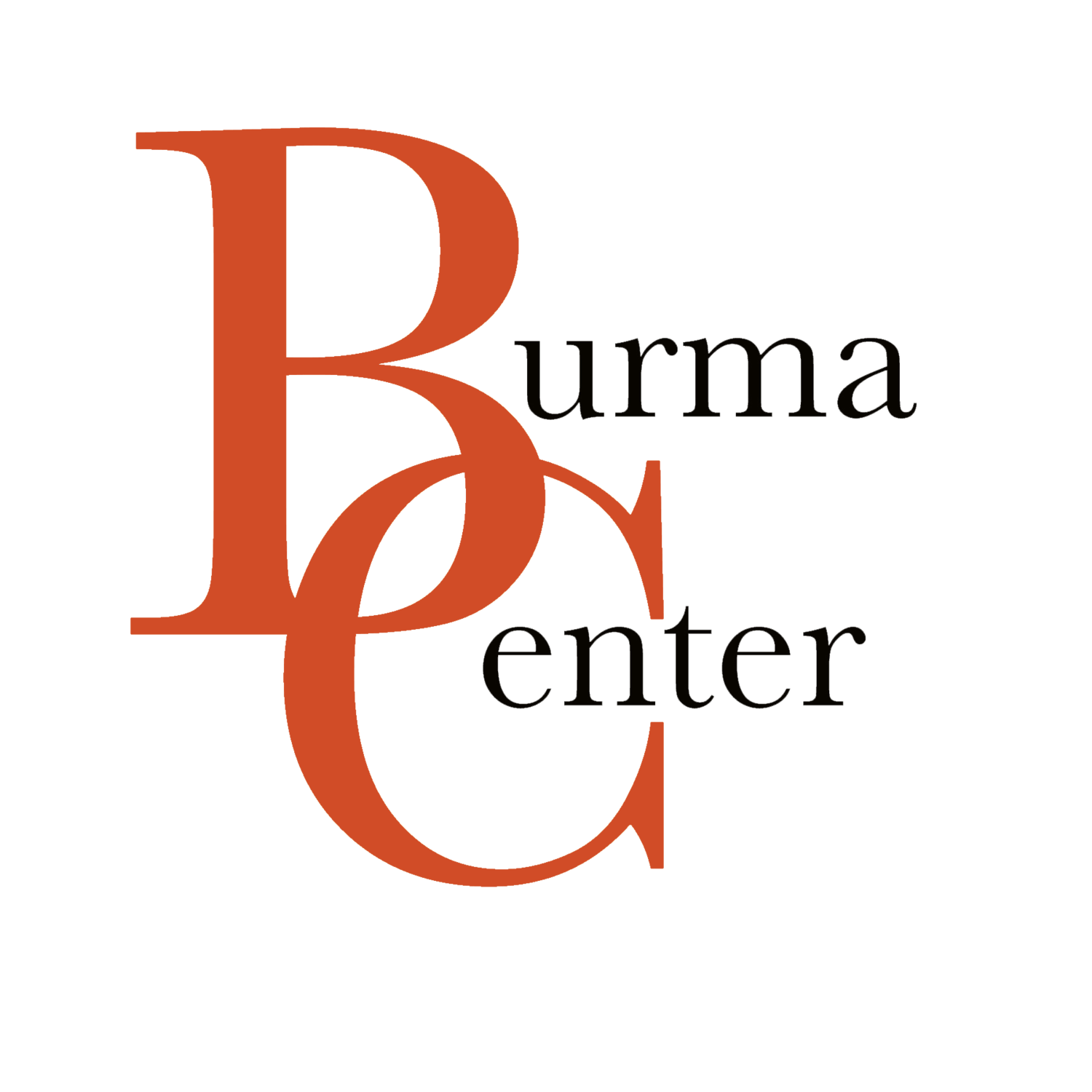Equitable Collaboration & Research Request
The Burma Center values your continued collaboration and appreciates your commitment to ensuring the mission to empower Burmese Americans and the greater community through education, advocacy, and community engagement continues to be met. In order to live into our mission and to fulfill our financial due diligence, we are implementing community agreements/guidelines with our partners that follows equitable collaborative practices.
The Burma Center offers a variety of programs that support the whole person. In order to achieve our mission, we know collaboration is essential. Thus, we often rely on our community partners for successful programming. Likewise, community partners often seek and rely on us to successfully deliver services in their own institutions. Examples of requests that we received from community agencies include special outreach to the Burmese community for marketing, job opportunities and surveys, interpretation and translation, and cultural competency training. While we truly value the request and want to support these different initiatives, they require time and resources. Over the years, we have learned that while these collaborations are important to us, not all of them are sustainable for us as a small nonprofit in high demand with limited resources. Thus, we have drafted this document to help us and our current and potential partners to reflect on the quality and sustainability of our collaboration. We seek equitable, not transactional, collaboration.
Equitable collaboration moves with an awareness of the different kinds of expertise, assets, and struggles that different parties bring to the table. Equity is fundamentally different than equality in this way because it recognizes that our resources are different, and while mutuality is always the goal, the ways we exchange and what we exchange will never be the same. We fulfill this goal of mutuality and dignify our diversity when we acknowledge those differences and work with them (not against them or as if they don’t exist). This is integral to good collaboration, partnership, and relationship. Here is how we define equitable collaboration:
Shared Mindset: If your institution serves Burmese people, they are *your* people. Therefore, it is important for you to take ownership of how to provide equitable service just like how you serve any other marginalized population (e.g. the elderly, people with disability, low-income people, etc.)
Leverage Resources: It is important to recognize that small non-profits do not have the same budgets, personnel power, or time at their disposal that mainstream institutions (healthcare, government, education, banking, etc.) do. This difference in capacity needs to be acknowledged whenever the exchange of services is on the table.
Value the Skills and Expertise: If you are a large institution with financial means, you can value the expertise that builds your capacity. If a trainer came to teach you how to operate new equipment, you would pay them. If you needed to send your staff to professional development, you would pay for that opportunity. We bring the expertise of cultural knowledge which when transmitted makes your service more holistic.
Invest locally: philanthropists and funders consistently tell us that we need to diversify our funding in order to sustain the work and become more credible. When you invest in us, that becomes a reality. It also increases our capacity to do the stand-alone everyday work of empowering Burmese Americans, which as we’ve outlined here, is directly connected to the work you also do. Our well-being is connected to your well-being and vice versa.
The sky is the limit when it comes to what our equitable collaborations can do for this community that we share. We rise by lifting each other. The Burma Center serves to support Burmese Americans and the community to which they live, work, learn, and play. It is vital that as the demand for our services from our community partners increases we continue to ensure that we have a sustainable infrastructure. Your equitable collaboration is a key to our success.
If you are interested in forming a collaboration please email admin@burmacenterusa.org.

